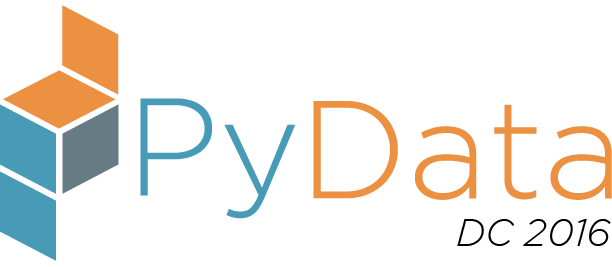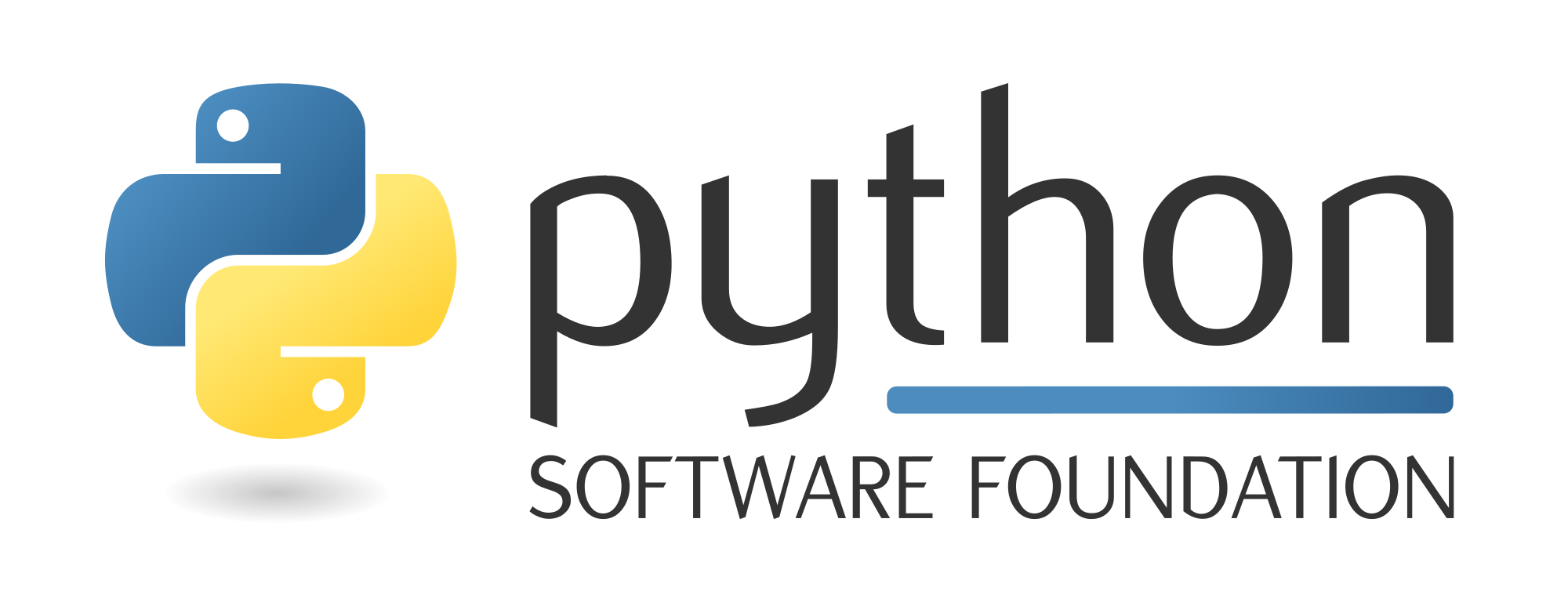Saturday 2:15 PM–3:00 PM in Room #220/219 (2nd Floor)
Agent-based modeling in Python
Jackie Kazil
- Audience level:
- Intermediate
Description
Agent-based modeling is a technique used to explore both complexity and emergence by simulating individual actors and their actions within a system. Think of systems such as the traffic in a city, or like those in financial markets where one actor can have an effect on the decisions of others until the system’s direction changes its course. In this talk, you will learn about ABMs in Python.
Abstract
Agent-based modeling was an unfilled niche in Python’s robust and growing scientific computing ecosystem, until Mesa was created. Mesa allows users to quickly create agent-based models using built-in core components (such as agent schedulers and networks) or customized implementations; visualize them using an innovative browser-based interface; and analyze their results using Python’s extensive data analysis tools. Mesa is being developed by a group of modeling practitioners with experience in academia, government, and the private sector. It is also completely open-source, encouraging users to contribute to what we hope will be a growing repository of model components which others can reuse and expand upon in future research.
In this talk, you will learn the following... What are agent-based models & why should I care? (An overview of various agent-based models, the existing software ecosystem, and practical applications) What is Mesa? (An overview of Mesa’s features / components and architecture.) * How do I a build a model using Mesa? (A walkthrough of how to write a model.)










